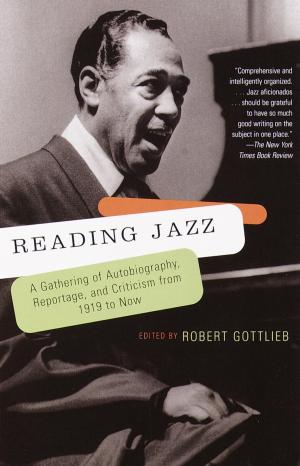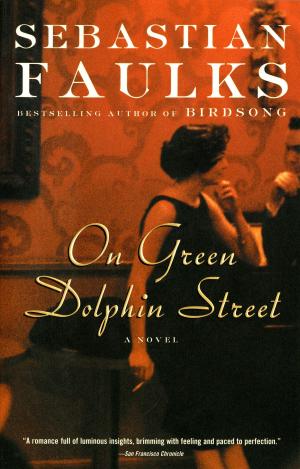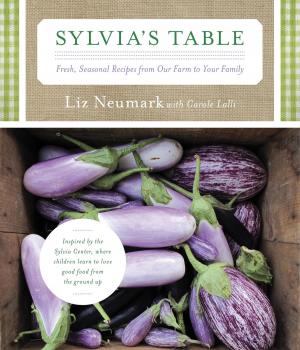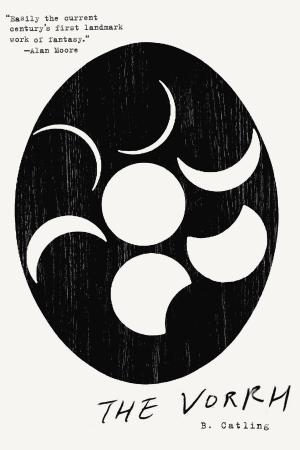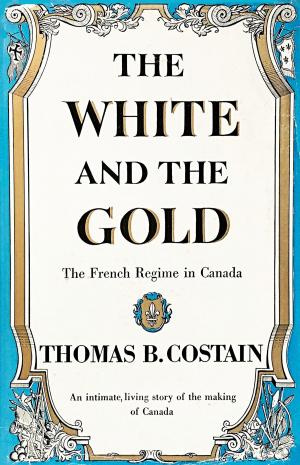| Author: | Rumi | ISBN: | 9781101908112 |
| Publisher: | Knopf Doubleday Publishing Group | Publication: | September 10, 2019 |
| Imprint: | Everyman's Library | Language: | English |
| Author: | Rumi |
| ISBN: | 9781101908112 |
| Publisher: | Knopf Doubleday Publishing Group |
| Publication: | September 10, 2019 |
| Imprint: | Everyman's Library |
| Language: | English |
A collection of never-before-translated poems by the widely beloved medieval Persian poet Rumi.
Rumi (1207-1273) was trained in Sufism--a mystic tradition within Islam--and founded the Sufi order known to us as the Whirling Dervishes, who use dance and music as part of their spiritual devotion. Rumi's poetry has long been popular with contemporary Western audiences because of the way it combines the sacred and the sensual, describing divine love in rapturously human terms.
However, a number of Rumi's English translators over the past century were not speakers of Persian and they based their sometimes very free interpretations on earlier translations. With Western audiences in mind, translators also tended to tone down or leave out elements of Persian culture and of Islam in Rumi's work, and hundreds of the prolific poet's works were never made available to English speakers at all. In this new translation -- composed almost entirely of untranslated gems from Rumi's vast ouevre -- Brad Gooch and Maryam Mortaz aim to achieve greater fidelity to the originals while still allowing Rumi's lyric exuberance to shine.
A collection of never-before-translated poems by the widely beloved medieval Persian poet Rumi.
Rumi (1207-1273) was trained in Sufism--a mystic tradition within Islam--and founded the Sufi order known to us as the Whirling Dervishes, who use dance and music as part of their spiritual devotion. Rumi's poetry has long been popular with contemporary Western audiences because of the way it combines the sacred and the sensual, describing divine love in rapturously human terms.
However, a number of Rumi's English translators over the past century were not speakers of Persian and they based their sometimes very free interpretations on earlier translations. With Western audiences in mind, translators also tended to tone down or leave out elements of Persian culture and of Islam in Rumi's work, and hundreds of the prolific poet's works were never made available to English speakers at all. In this new translation -- composed almost entirely of untranslated gems from Rumi's vast ouevre -- Brad Gooch and Maryam Mortaz aim to achieve greater fidelity to the originals while still allowing Rumi's lyric exuberance to shine.




